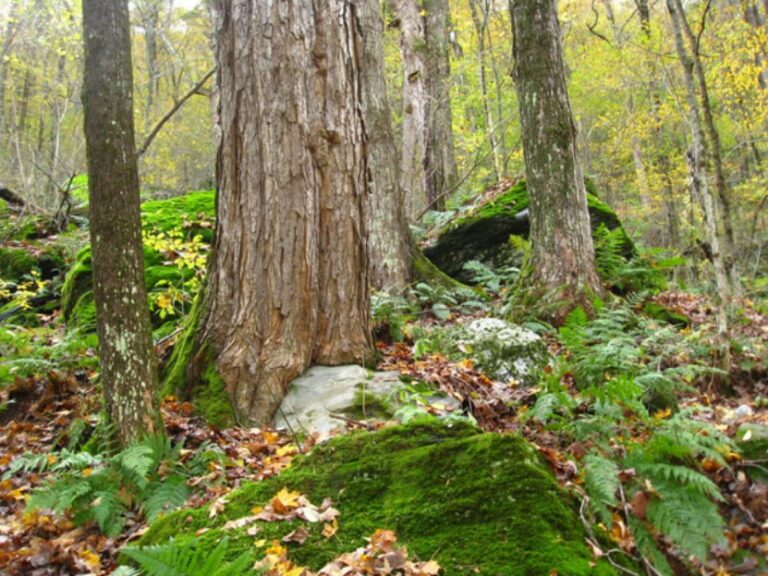
Old Forests: Jewels in the crown of the Maine landscape? -with Malcolm Hunter
January 21 @ 7:00 pm - 8:15 pm

The Maine landscape remains widely covered by forests but our current forests are very young compared to the pre-European landscape, when large, old trees were dominant. These old forests may be treasure troves of hidden biodiversity. Why this matters and what we should do about it will be discussed by Malcolm Hunter, Professor Emeritus of Wildlife Ecology from the University of Maine.
Dr. Hunter’s research experience covers a variety of ecosystems and organisms – birds, amphibians, mammals, reptiles, insects, vascular plants, rivers, lakes, wetlands, grasslands, and more – but his major focus is on forest ecosystems and the maintenance of their biological diversity. He is a member of a team that has studied one forest and the evolving interactions among its vascular plants, amphibians, birds, and small mammals through nearly 40 years. Dr. Hunter’s interests are geographically broad; he has worked in 30 countries on every continent except Antarctica. As a researcher and advisor, he interacts with a broad spectrum of organizations such as the Society for Conservation Biology, The Nature Conservancy, and the U.S. Forest Service. This year, he received the Honorary Membership Award from The Society of American Foresters, an award that “recognizes individuals whose contributions to forestry are viewed as outstanding by their peers.”
This program will be presented only via Zoom. To view it, you’ll need to register in advance. To do so, please click on this link and enter your name and email address: https://us02web.zoom.us/…/reg…/WN_wE9_CmJ_S7icWlHl-2uhjA
After registering, you will receive a confirmation email containing information about joining the meeting. We hope you can join us either in person or via Zoom!
